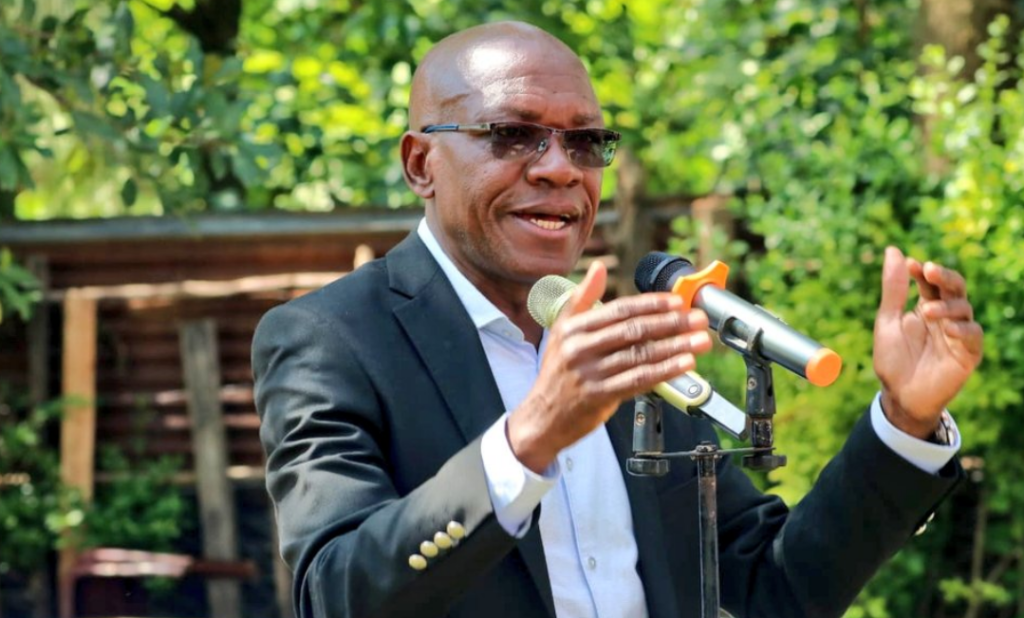Kakamega Senator Boni Khalwale has called on the Health Cabinet Secretary to reassess the ongoing implementation of the Social Health Authority (SHA) to better reflect the actual cost of medical care in the country. He emphasized that while the initiative is a step in the right direction, it risks failing to serve its intended purpose unless grounded in the financial realities of Kenya’s healthcare system.
Khalwale argued that the true value of SHA will not be determined by how many people are registered, but by the quality and accessibility of healthcare services it can provide. He pointed out that the number of registrants should not be a performance indicator for the program, stating that the end goal should be improved healthcare outcomes for Kenyans.
According to the senator, the Ministry of Health must go beyond numbers and focus on the efficiency and effectiveness of service delivery. He urged key officials, including the Director of Medical Services and the Principal Secretary for Health, to present comprehensive and actionable proposals to the Cabinet Secretary that would ensure the program delivers tangible benefits to the public.
He further criticized the Cabinet Secretary for disregarding professional advice and urged him to adopt a more consultative and inclusive approach. Khalwale stressed the importance of listening to healthcare experts and practitioners who understand the real challenges facing the sector. He offered to participate in efforts to improve the scheme, highlighting his background and experience in the medical field as valuable resources.
The senator expressed concerns about specific provisions under SHA that appear disconnected from actual healthcare costs. He gave the example of the coverage allocated for Intensive Care Unit (ICU) admissions, which currently stands at Ksh28,000. He described this figure as grossly inadequate, noting that the real cost of ICU care typically starts at Ksh150,000, and in some cases goes even higher. He urged the Ministry to revise the funding structure to cover such high-cost treatments adequately, warning that without such adjustments, the program could leave patients vulnerable to financial strain despite being insured.
Khalwale’s comments come amid growing scrutiny of SHA’s implementation. As of mid-February 2025, more than 19 million individuals had registered under SHA, with registration levels exceeding 40 percent in counties like Mombasa, Elgeyo Marakwet, and Bomet. However, regions such as Turkana, West Pokot, Garissa, and Samburu lag significantly behind in registration uptake.
Even more concerning is the low contribution rate to the Social Health Insurance Fund (SHIF), the primary source of funding for SHA. Out of the over 19 million registered individuals, only about 3.3 million are actively contributing. This has placed a strain on the system, leading to service delivery disruptions and pushing patients to pay for healthcare services out of their own pockets, undermining the core goal of universal health coverage.
The senator’s remarks underscore the urgency of aligning the program’s financial model with the economic realities faced by both the government and ordinary citizens. He stressed that unless SHA’s funding and coverage match the actual cost of healthcare, the initiative will struggle to gain the trust and support of Kenyans.
Khalwale’s call is part of a broader conversation about making Kenya’s health reforms not only ambitious but also realistic and sustainable. For SHA to succeed, it will need to balance the goals of universal access and financial protection with the fiscal and operational demands of delivering quality healthcare.

